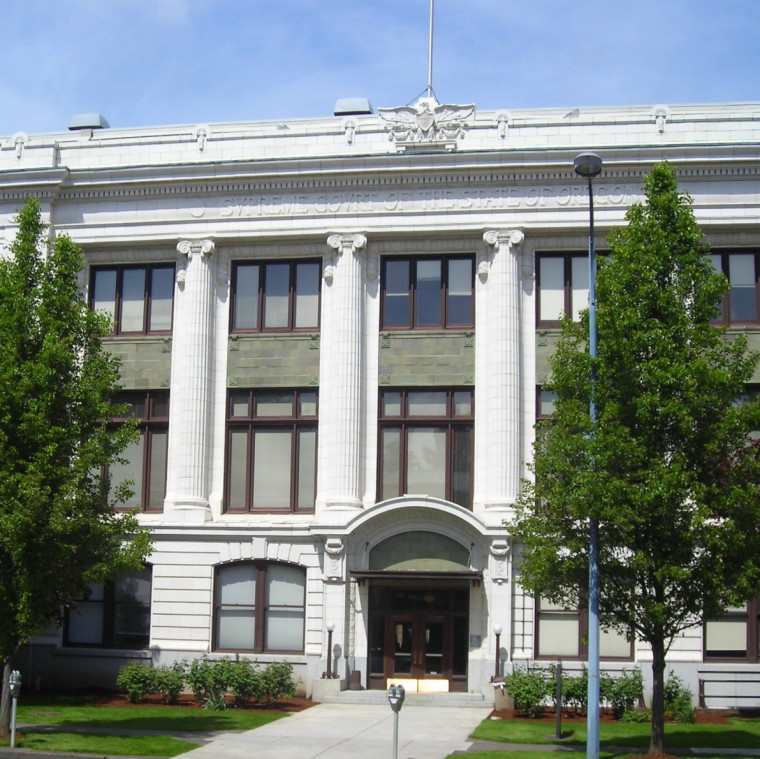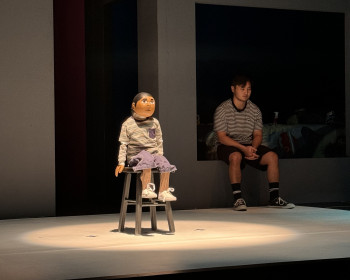Students research Oregon campaign finance
Open gallery

During the summer, Lewis & Clark students continue to work hard in their fields of study. By collaborating with faculty on research projects, students are able to engage their curiosity, expand their learning, and prepare for life after college, all while making meaningful contributions to scholarship.
Maya Gold ’14 and Walker Davis ’15 worked alongside Associate Professor of Political Science Todd Lochner and Assistant Professor of Political Science Ellen Seljan to conduct research on the regulatory structure of Oregon’s campaign finances. In the following Q&A, the students reflect on their experience.
What are you researching? What question or problem are you trying to answer/solve with your research?
We are addressing the effect of regime type or penalty structure (regulators) on perceptions of fairness (regulatees). We may also address the effect of penalty structure on enforcement actions.
Does your research have any potential applications in the real world, or will it influence other work in your field?
This project will be useful to regulatory theory. It should inform the broader debate about the link between enforcement rules and actions, and compliance and deterrence. We are interested in testing some common assumptions about penalty structures and perceptions of fairness, and in challenging some of the existing literature on regulatory theory.
What first sparked your interest in this research area?
Our interest in the study of campaign finance is linked to our interest in First Amendment issues. The ways in which campaign donation and spending rules have interacted with the Oregon Supreme Court’s holdings on issues of campaign finance has interested us over the last several years, and suggests some interesting incongruities that are borne of the task of the legislature to interpret the Court.
How has working closely with faculty influenced your education?
It’s like liberal arts 2.0. Not only are we in small classes of thinkers, but we are lucky enough to be able to zoom in even further. The slim boundary between educator and educated has made our education truly unique, and has given us the opportunity to take more liberties in learning. When working closely with faculty, there is no “getting off topic” like there is in the classroom. It really feels as if we are working together in trying to solve problems and answer questions.
How do you hope your experiences this summer will impact your future studies or professional pursuits?
We are hopeful that this experience will open doors. We can expect to be pretty knowledgeable in a very niche area. This project may lay the base for a senior thesis or serve as a fabulous addition to our resume.
Department of Political Science
Zibby Pillote ’14 contributed to this story.
Public Relations is located in McAfee on the Undergraduate Campus.
MSC: 19
email public@lclark.edu
voice 503-768-7970
Public Relations
Lewis & Clark
615 S. Palatine Hill Road MSC 19
Portland OR 97219

